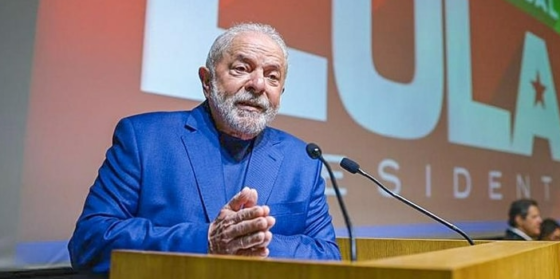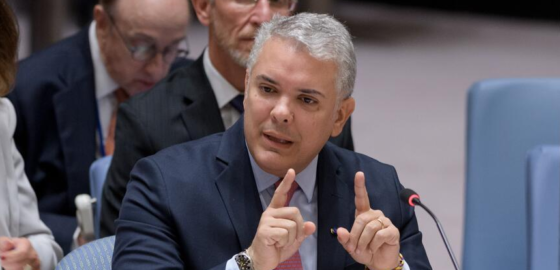
Has Security in Colombia Improved Under Duque?
A Latin America Advisor Q&A featuring experts’ viewpoints on the state of security in Colombia under Iván Duque’s administration.
A Latin America Advisor Q&A featuring experts’ viewpoints on the state of security in Colombia under Iván Duque’s administration.
On November 10, 2021 and February 17, 2022, the Inter-American Dialogue, together with the Presidential Council for Children and Adolescents and with the support of the LEGO Foundation, organized two events to explore and reflect on the role of play in Colombia’s early childhood agenda.
En una conversación con Infobae Colombia, Michael Shifter, senior fellow del Diálogo Interamericano, habló sobre las relaciones entre Estados Unidos y Colombia tras la elección de Gustavo Petro.
Claudia López, mayor of Bogotá, was selected as the next president of Metropolis, an organization focused on connecting leaders from metropolitan areas from around the world in order to share knowledge and collaborate on common problems.
A Latin America Advisor Q&A featuring viewpoints on how Colombia-U.S. relations could change under Colombia’s new president, Gustavo Petro.
En una conversación con RCN Radio, Manuel Orozco, director del Programa de Migración, Remesas y Desarrollo del Diálogo Interamericano, analizó el voto en la Organización de Estados Americanos (OEA) para formalmente condenar Nicaragua por sus violaciones a los derechos humanos.
A Latin America Advisor Q&A featuring experts’ viewpoints on military relations between Colombia and Venezuela.
A Latin America Advisor Q&A featuring experts’ viewpoints on the re-establishment of diplomatic relations between Colombia and Venezuela.
David Castrillón-Kerrigan, research professor at the Universidad Externado de Colombia’s School of Finance, Government, and International Relations, spoke with us about prospects for future China-Colombia relations.
A Latin America Advisor Q&A featuring experts’ viewpoints on U.S. Secretary of State Antony Blinken’s recent trip to South America.
A Latin America Advisor Q&A featuring experts’ viewpoints on changing political dynamics in the Western Hemisphere and what they mean for Venezuelan President Nicolás Maduro.
On December 1, 2022, the Inter-American Dialogue, East Consulting, and Cámara de Comercio Peruano-China cohosted a webinar titled “Grading the Pacific Alliance—What Progress on Cross-Pacific Economic Connectivity?” This event considered emerging developments within the Pacific Alliance, the bloc’s cross-Pacific engagement with Asia, and the level of Asian overseas investment in Pacific Alliance member nations.
A Latin America Advisor Q&A featuring experts’ views on the topics and trends that are likely to be prominent in the coming year in Latin America and the Caribbean.
A Latin America Advisor Q&A featuring experts’ views on planned agrarian reforms in Colombia under the government of President Gustavo Petro.
A Latin America Advisor Q&A featuring experts’ views on the the escalation of human rights activists and social leaders in Colombia.
 Video
Video



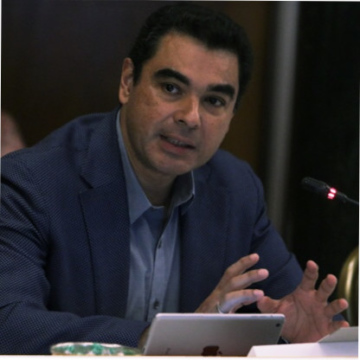
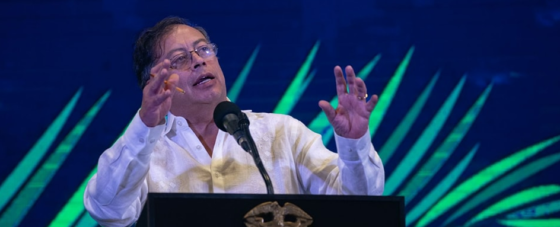
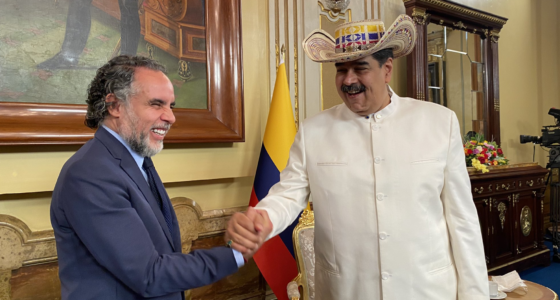
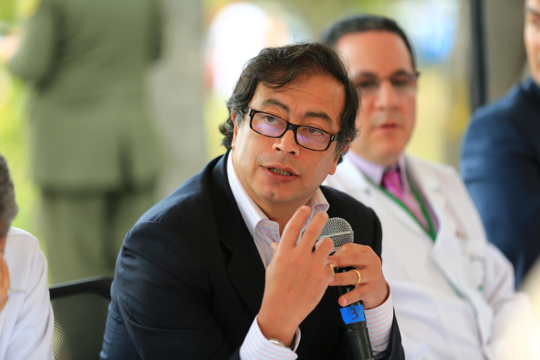
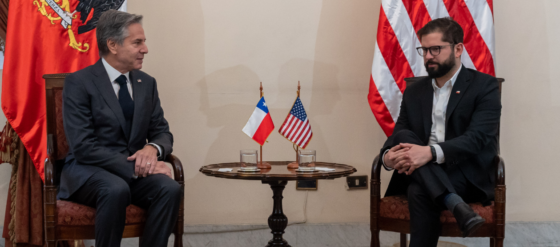
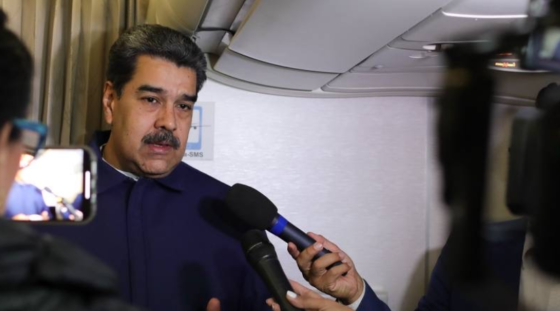
 Video
Video
